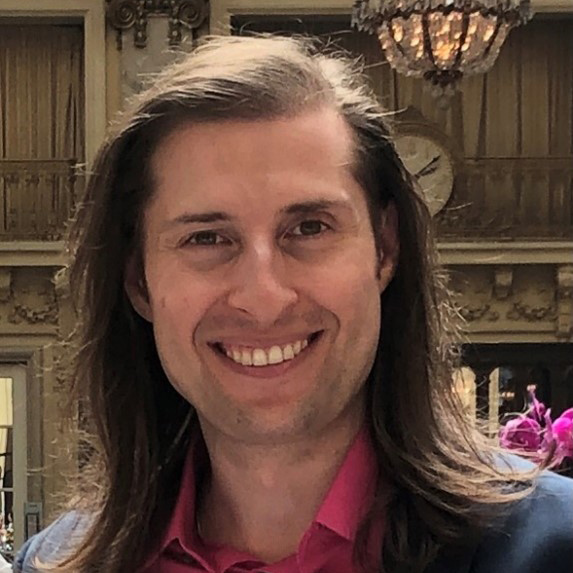Exploring the Enigmatic Field of Electrophysiology

Victor Abrich, MD
The road to becoming a cardiologist is a long one. Is it worth adding an additional two years of training to become a cardiac electrophysiologist? The answer depends on if you know what you are getting yourself into. I did not fully understand what EP truly was until I was already neck deep in it. That is why I would like to help any prospective electrophysiologists make an informed decision before diving into this enigmatic field.
EP is a specialty that is intellectual, but also necessitates a lot of manual dexterity. Essentially, you are learning a new language during EP fellowship that requires constant exposure, repetition, and studying to develop the confidence needed to succeed. In addition to learning theory, developing the hand skills required to move catheters inside the heart comes with practice. This combination of understanding and terminating an arrhythmia during an ablation procedure is arguably the most satisfying aspect of my job.
Although I derive a lot of intellectual satisfaction from being able to perform these mental gymnastics during ablations, it is important to realize they require constant focus and a long attention span. On average, my ablations last three hours. However, some cases can be done in under two hours, while others may last up to five or six hours. Similarly, some device implantations may also take a long time if they are not straightforward. This is especially true for some biventricular pacing or conduction system pacing cases where lead position is crucial. Focusing on anything for several hours requires a lot of mental fortitude. Nevertheless, the longer cases can become both mentally and physically exhausting.
The physical exhaustion is compounded by having to wear lead when using fluoroscopy. As a cardiologist, wearing lead is part of the job. However, I underestimated how physically taxing it would be to carry this extra weight for several hours per day several days per week, especially during EP fellowship. I remember often coming home after a full day in the EP lab and wanting to go to bed early. I also began developing aches and pains which I attributed to prolonged standing while wearing lead. I learned early on that frequent strength training, stretching, comfortable footwear, and wearing compression stockings were the most effective ways to protect myself from injury. Fortunately, I was able to stop relying on fluoroscopy during ablations in my practice and instead rely on 3-D mapping and intracardiac echocardiography. This has allowed me to perform fluoroless ablations and to stop wearing lead during these cases.
While EP cases can be very rewarding as a procedural specialty, I always enjoy being able to make a tangible difference in patients' lives. It's truly amazing that we can alter the electrical conduction of the heart, whether it's by ablating an arrhythmia or implanting a pacemaker. It is also worth noting that we currently live during a renaissance in cardiac pacing, specifically with leadless pacemakers and conduction system pacing (i.e. left bundle branch area pacing). Moreover, I enjoy being able to follow my patients long-term to monitor their progress after an intervention; it is always rewarding when they are doing well on follow-up. EP is the gift that keeps on giving, and some patients will require multiple interventions over time. In fact, it has become common for me to treat multiple members of the same family due to referrals from patients who have benefited from EP procedures performed on them.
Making a difference in patients' lives by managing their arrhythmias is at the heart of EP. It is a challenging yet satisfying specialty that is both cerebral and technical. It also requires a lot of stamina and physical conditioning. Each case brings something unique and interesting that can be applied towards future cases. As with learning any specialty, it demands a lot of commitment and dedication. Knowing what I know now, I would still choose EP if I had to make the decision all over again.

This article was authored by Victor Abrich, MD, a cardiac electrophysiologist at MercyOne Waterloo Medical Center in Waterloo, IA.
This content was developed independently from the content developed for ACC.org. This content was not reviewed by the American College of Cardiology (ACC) for medical accuracy and the content is provided on an "as is" basis. Inclusion on ACC.org does not constitute a guarantee or endorsement by the ACC and ACC makes no warranty that the content is accurate, complete or error-free. The content is not a substitute for personalized medical advice and is not intended to be used as the sole basis for making individualized medical or health-related decisions. Statements or opinions expressed in this content reflect the views of the authors and do not reflect the official policy of ACC.